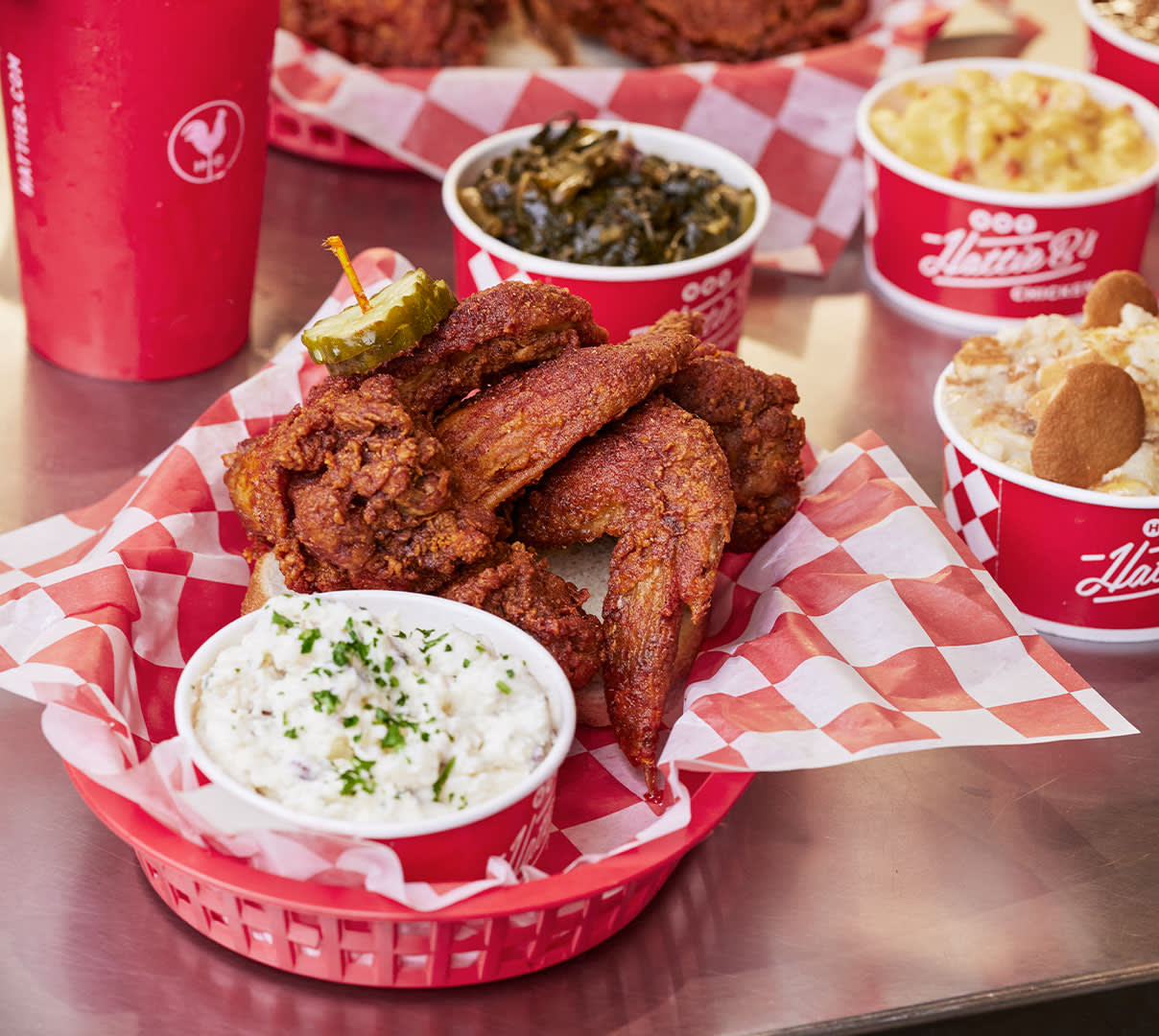What’s your special sauce? Many restaurants have created unique in-house rubs, sauces, marinades, or other recipes that their customers know and love. By producing and packaging these products at scale — selling them to the public — restaurants have a unique opportunity to grow their brand in a bold new direction.
That’s why many restaurants and other food businesses rely on contract packaging, or co-packing, which means outsourcing the production of proprietary food products to a third-party manufacturer. Is this the right move for your restaurant or grocery store? Here are some of the key factors to consider.
Three big reasons to consider co-packing
If you have a popular signature recipe that has remained constant over time and that you have no plans to change — in other words, it’s not the sort of recipe that you periodically alter or iterate on — then there are two main reasons why you should consider partnering with a co-packer to scale up your production.
1. Drive extra revenue
The goal of selling retail products is for restaurants to gain a new stream of revenue while achieving greater brand recognition. Hiring a co-packer to mass-produce your product to sell to customers and distributors can help increase restaurant sales. Not only will a co-packer craft the product to your exact specifications, but they’ll also have the expertise to package, label, and even design.
It’s not uncommon for co-packers to provide further research and development services as well, whether to test new variations of a successful product, launch a whole product line, or create different versions of your product tailored to different dietary restrictions. Just remember that developing and going to market with new products can be costly, so start with a bread-and-butter product that you’re known for.
And since production minimums tend to be high, it's best to focus on products that have both significant demand among consumers and suitably long shelf life.
2. Streamline operations
The second reason to hire a co-packer is to maximize the cost-effectiveness and efficiency of your current business. As you fulfill more orders and meet rising demand, should you be budgeting for more resources — or will it be better for your bottom line if you seek outside production capability?
In many cases, co-packing is a cost-saving option, as adding additional employees to prepare packaged goods can be a large expense for a restaurant. And if you’re going to invest in any production machinery needed to grow your operations — which come with ongoing maintenance costs — you’ll also need facilities and storage space.
Pinky Cole, the founder of the Slutty Vegan chain, told Forbes that investing in a co-packer was one of her first priorities when scaling her business. This partnership ensures her signature products are always readily available in her restaurants, rather than having to be prepared by a full team each day. “In order to sustain the business, we really had to turn up the heat — so that’s what we did,” she says.
3. Enable scaling up
For many restaurants and food-related businesses, there are going to be mass-manufacturing capabilities you won’t possess in-house unless you substantially grow your operations. That’s where a contract packaging company comes in, since it has the infrastructure to produce and distribute goods on an industrial scale, like hot sauce bottling.
Because co-packers manufacture on behalf of multiple businesses, and have a well-established supply chain of raw materials providers, they enable economies of scale. Buying, making, and shipping in bulk dramatically reduces the price per unit.
For all these reasons, co-packing is the preferred solution for many types of food-related businesses — from small-scale producers whose items are carried in specialty stores to large grocery chains that may offer their own private-label products. It's worth taking a closer look at how co-packers work, what it takes to connect with one, and how to ensure it will help you meet your goals.
How to find a co-packer
The Contract Packaging Association, a US-based nonprofit trade association representing co-packing companies and related businesses, actually provides a Request for Quote tool. This is a great way to start your search, learn about various co-packers that are available, and determine which ones are best suited to your needs.
Another way to find a co-packer is by good-old-fashioned word of mouth. Your industry peers may work with suppliers and manufacturers that they would highly recommend, so it’s always a good idea to check in with your network.
How to vet a co-packer
There are also brokers you can work with when selecting a co-packer, and this can be very helpful. Once you're ready to hire a co-packer, ask for a contract that binds both parties to agreed-upon terms that control for cost and quality, protect against liability if there are production issues, and guarantee that your co-packer is up to your exacting standards.
Using co-packing to grow your business
Are you and your business ready for co-packing? Working with a co-packer can be a rewarding strategy to meet customer demand and set your business up for fast and sustainable growth.
Co-packing played a major role in helping The Slutty Vegan scale operations — discover more about Pinky Cole’s journey from creative concept to household name. Learn about other avenues for restaurants to drive growth and try new delivery models.





